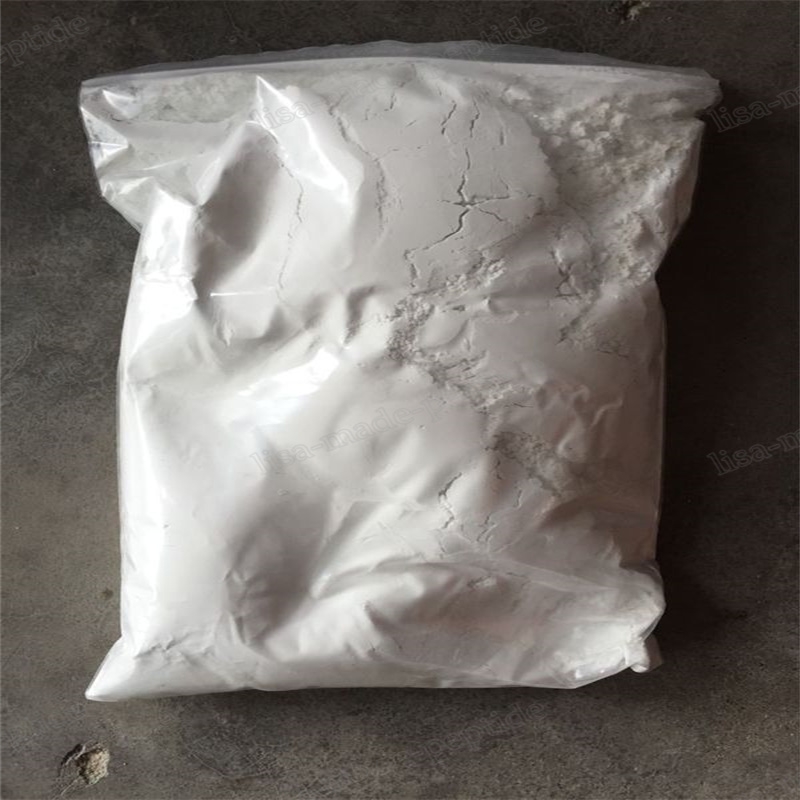-
Categories
-
Pharmaceutical Intermediates
-
Active Pharmaceutical Ingredients
-
Food Additives
- Industrial Coatings
- Agrochemicals
- Dyes and Pigments
- Surfactant
- Flavors and Fragrances
- Chemical Reagents
- Catalyst and Auxiliary
- Natural Products
- Inorganic Chemistry
-
Organic Chemistry
-
Biochemical Engineering
- Analytical Chemistry
-
Cosmetic Ingredient
- Water Treatment Chemical
-
Pharmaceutical Intermediates
Promotion
ECHEMI Mall
Wholesale
Weekly Price
Exhibition
News
-
Trade Service
Recently, Professor Luo Yongming and Associate Professor He Dedong of the School of Chemical Engineering of Kunming University of Science and Technology have made important research progress in the research of propane dehydrogenation to propylene, and the relevant results are titled Illustrating new understanding of adsorbed water on silica for inducing tetrahedral cobalt(II) for propane dehydrogenation.
Published in
Nature communications, a top international academic journal.
In recent years, the consumption of propylene and its downstream derivatives has continued to grow, and the direct dehydrogenation of propane to propylene is one of the key technologies to improve the utilization efficiency of propane and realize the efficient utilization of carbon-based energy, which has broad practical prospects and huge economic benefits
.
At present, the use of hydroxyl groups on silica surface hydroxyl anchorage to obtain highly dispersed metal active sites has received widespread attention in the field of heterogeneous catalysis, however, the special role of adsorbing water on silica support is often overlooked
.
Based on this, Professor Luo Yongming's team for the first time elucidated the mechanism
of action of hydroxyl-linked adsorbed water on obtaining highly dispersed tetrahedral Co(II).
The results show that under sufficient adsorption water conditions, Co(NO3)2 precursors are converted into [Co(H2O)6]2+ intermediates, which promotes the gradual formation of highly dispersed tetrahedral Co(II) inH2 direct reduction.
The series of characterization and theoretical calculations further confirmed the existence of [Co(H2O)6]2+ intermediate and the important role of water adsorption, and the developed catalyst showed excellent catalytic activity
for propane dehydrogenation to propylene.
This research work provides a new academic perspective
for the key role of hydroxyl-coupled adsorbed water in heterogeneous catalytic synthesis and application.
Kunming University of Science and Technology completed the thesis independently, and the research work was supported by the National Natural Science Foundation of China (Key/Youth/Region), Yunnan Basic Research Fund (Critical/Youqing) and other projects, as well as platforms such as Yunnan Innovation Team and Provincial Key Laboratory of Universities
.







